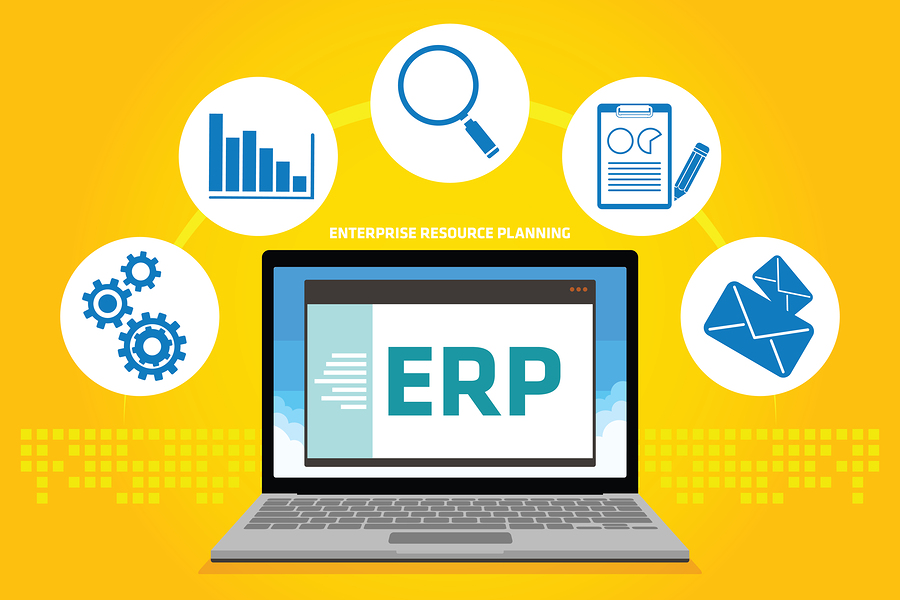
As supply chains and production become more difficult to manage in the global marketplace, more and more companies are migrating from traditional systems or stand-alone spreadsheets to the power of Microsoft Dynamics. Microsoft Dynamics ERP system implementation helps business utilize the familiarity and intuitive features of Microsoft products with the power of a sophisticated, automated system that helps companies reduces costs, increase profits and achieve their efficiency goals.
In particular, Microsoft Dynamics ERP includes three different packages. Dynamics GP (formerly Great Plains) focuses on integrating accounting functions for small and medium-sized businesses. Dynamics SL (formerly Solomon) is similarly focused on accounting but more on stand-alone project management. Dynamics NAV (formerly Navision) might be the most widely used ERP package, with use in over 140 countries worldwide. The product is a full ERP suite of services that includes distribution, job control, manufacturing, service management and sales and marketing to integrate an entire company from end to end. Finally, Dynamics CRM is a customer relationship management tool that helps mid-size companies upload client info, roll-out marketing campaigns, monitor the sales cycle, book closings and analyze revenue data.
Each of these Microsoft ERP system implementations can bring efficiency to firms upgrading over legacy systems. Microsoft gold certified partners help to streamline the implementation, reduce time and costs. Microsoft Dynamics NAV actually permits access to the source code, so a proficient partner can also help you to customize the system to your specific needs.
Overall, more and more companies around the world are using Microsoft ERP implementations to achieve their businesses goals. These products automatically integrate the huge volume of financial, production, sales and logistics data that your firm needs to function efficiently. Integrating them well then reduces time and costs, with the effect of increasing savings greatly.





